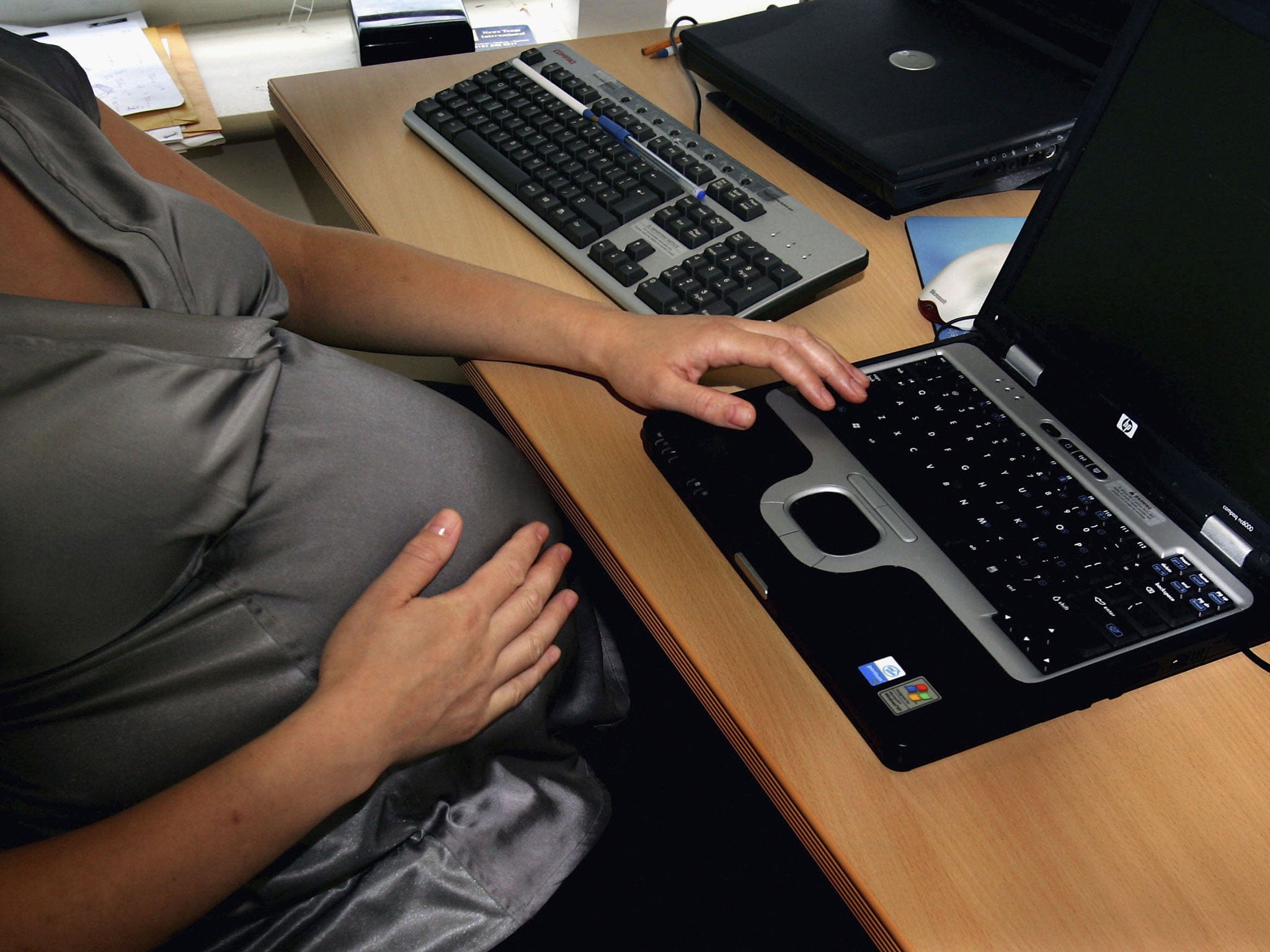If we want more women in British boardrooms, we need to fix childcare and introduce quotas
The Nordic countries have better conditions for being either a mum or a female CEO

If you are a working woman, you would want to come back to life as a Viking. On just about every measure, the women who live in the Nordic countries are happier, live longer, have better jobs, longer holidays and better childcare than in any other country in the world – and their men are happier than anywhere else too.
Vikings also have the best conditions for being a mother. In a new State of the World’s Mother’s Index compiled by Save the Children and published today, Norway, Finland and Sweden come out top of 176 countries. Britain is 23rd, below Ireland at 20, France at 16 and Germany in ninth position. Women in the UK are at higher risk of dying during pregnancy than women in Montenegro, and there are fewer women in parliament here than rest of Europe.
If that’s not depressing enough for the British female, the number of executives getting to the top of FTSE companies has stagnated. The FTSE 100 CEO Tracker from Robert Half, recruitment specialists, reports that the number of female CEOs has stayed at three while the number of board directors is slightly down at 17.3 per cent. These are dreadful numbers, particularly as they come after all the noise from lobbying groups such as the 30 Percent Club and the Government’s own Lord Davies report which has warned it will introduce quotas if companies don’t hire women to make up 25 per cent of their boards.
What surprises me is that anyone is surprised by these poor figures. More than half of CEOS are chosen from financial or accountancy backgrounds but there aren’t many women in finance jobs within industry – it’s a tough route and often involves working overseas – so they are simply not there to be selected. They are coming through – Alison Cooper leapt to the hot seat at Imperial Tobacco – but most prefer to stay in the professions where work is more flexible and child-friendly or set up their own businesses rather than chase the corporate ladder.
But the elephant in the room, and the beast that no one in authority wants to tackle, is the cost of childcare. Until the tax system is reformed to make it more economic to work, there won’t be any dramatic increase in female executives. Carol Leonard, head of the board practise at the Inzito Partnership, says industry is being drained of talented young female – and increasingly male – leaders because it’s simply not worth them working: “Nannies or child-minders often end up with more than their employer. It’s madness. What is it about this issue that people don’t understand?”
It’s also worth asking again how the Vikings have achieved such social egalitarianism that we all find so attractive. The answer? It was a Norwegian Conservative male economics minister who decided in 2004 that the country’s female talent was being wasted and introduced quotas. All the other Nordics followed. What are we waiting for?
Join our commenting forum
Join thought-provoking conversations, follow other Independent readers and see their replies
Comments
Bookmark popover
Removed from bookmarks